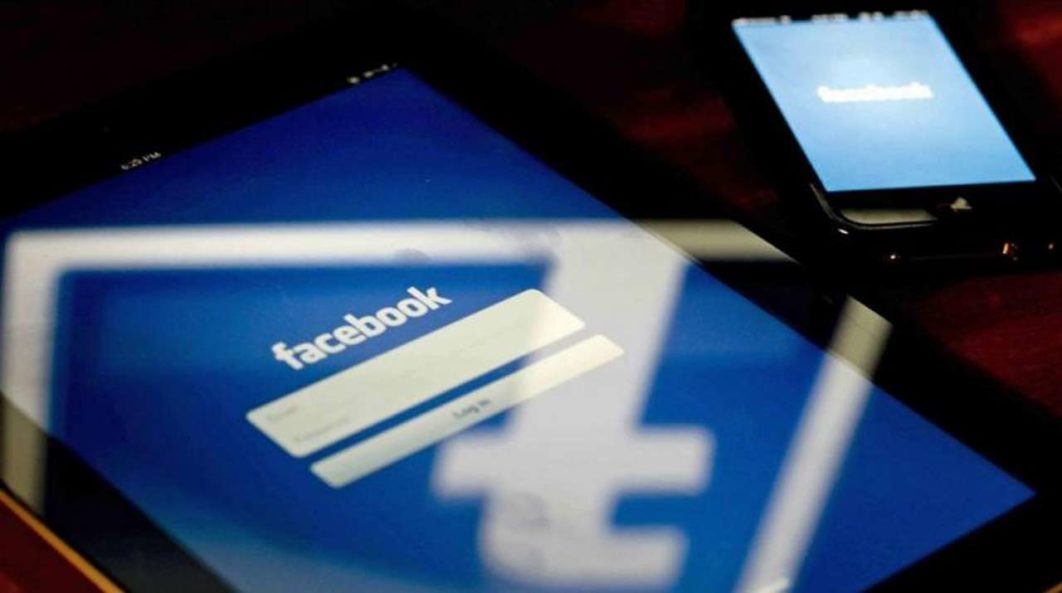
Facebook, which also hoped to enhance existing infrastructure projects, listed the new technologies to include Bombyx and Terragraph.
The American company said since 2013, Facebook connectivity has helped bring more than 500 million people online to a faster Internet and now aimed to enable affordable, high-quality connectivity for the next billion people with emerging technologies.
Commenting on the new connectivity technologies, VP of Facebook Connectivity, Dan Rabinovitsj, said: “ We have seen that economies flourish when there is widely accessible Internet for individuals and businesses. In Nigeria, increased broadband connectivity resulted in a 7.8 per cent increase in the likelihood of employment for people in areas connected to fibre optic cables. While increased connectivity led to a 19 per cent increase in GDP per capita in the Democratic Republic of Congo. Facebook Connectivity works with partners to develop new technologies for access to high-speed internet. Today, we’re sharing the latest developments on some of these connectivity technologies, which aim to deliver major improvements in internet capacity across the world by sea, land, and air.”
Some of Facebook’s new connectivity technologies include investment in improving subsea fibre optic cables and expanding their reach to better connect more people.
Rabinovitsj, speaking virtually, said Facebook and its partners recently launched the first-ever transatlantic, 24 fibre pair subsea cable system, which will connect Europe to the U.S.
He said this new cable provides 200 times more capacity than the transatlantic cables of the 2000s and builds on Facebook’s recent news about 2Africa Pearls, the subsea cable which connects Africa, Asia, and Europe and makes the 2Africa cable system the longest in the world, with a capacity to provide connectivity for up to three billion people.
Using robotics for faster fibre deployment. Rabinovitsj said the firm is making fiber deployment significantly more economical through Bombyx, a robot that can climb the medium voltage power lines that already exist in so much of the world, and install fibre onto them.
“Today, Bombyx is lighter, faster, and more agile than our first-generation design. We are also making Bombyx fully autonomous, using machine vision sensors to better navigate around obstacles. Bombyx aims to make the single biggest drop in the cost of terrestrial fiber deployment by combining innovations in the fields of robotics and fibre-optic cable design to increase the amount of terrestrial fiber on land — without the expense of trenching to lay fiber underground,” he stressed.
On Terragraph, he explained that these is fibre connections through the air.
He said Terragraph, a wireless solution that beams fibre-like connectivity through the air, has already brought high-speed Internet to more than 6,500 homes in Anchorage, Alaska and deployment have started in Perth, Australia.
According to him, Facebook licensed Terragraph for free to original equipment manufacturers (OEMs), adding that to date, these partners have shipped more than 30,000 Terragraph units to more than 100 service providers and system integrators around the world.
Apologising for the Monday global outage on Facebook, Instagram and WhatsApp, Facebook Chief Technology Officer, Mike Schroepfer, said the hitches were quite humbling, as businesses, especially small ones were deeply impacted and families were disconnected for hours, “we are sorry. That has been sorted out.”
Speaking further about the new technology investment targeted at bringing more people online, Schroepfer said high-speed internet is still lacking seriously across the globe, “this necessitated deep thinking from here and brought about the development of robots for fibre deployment, among others.”



